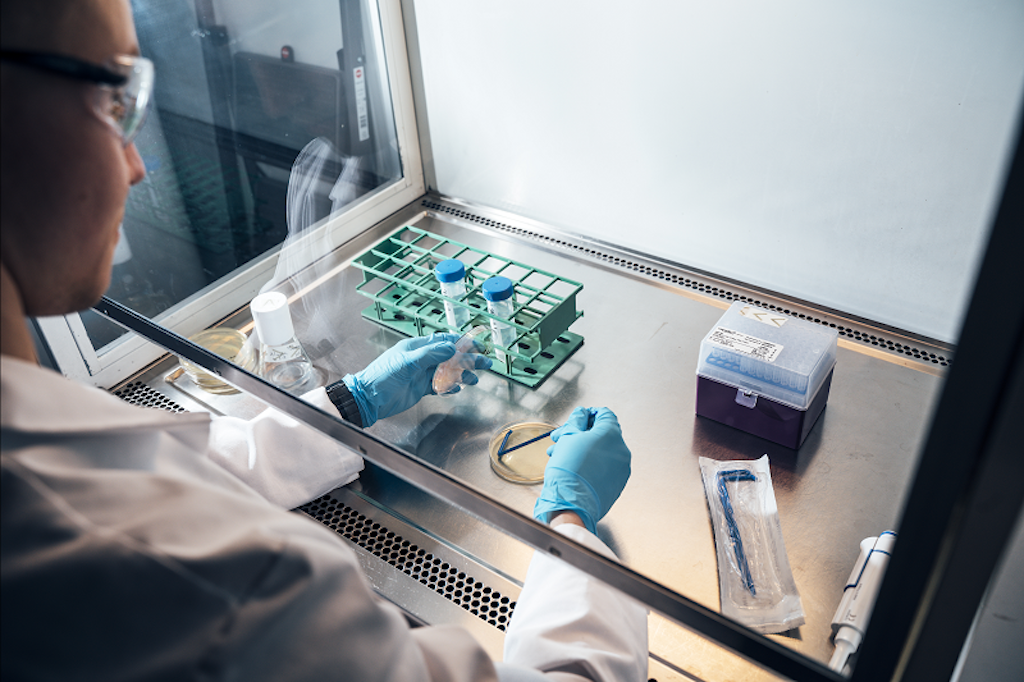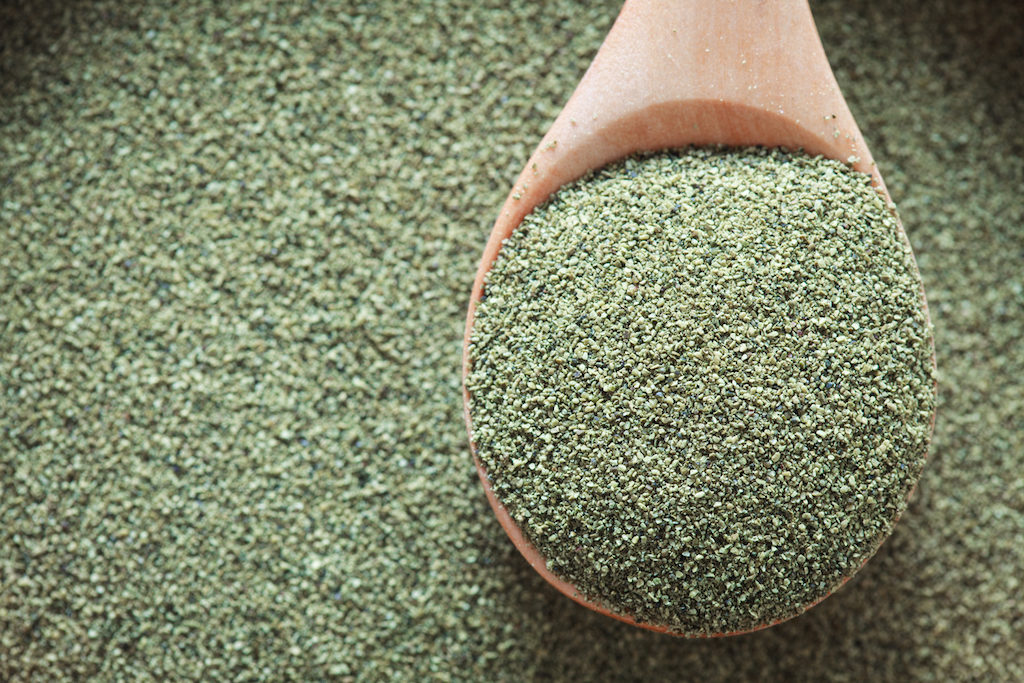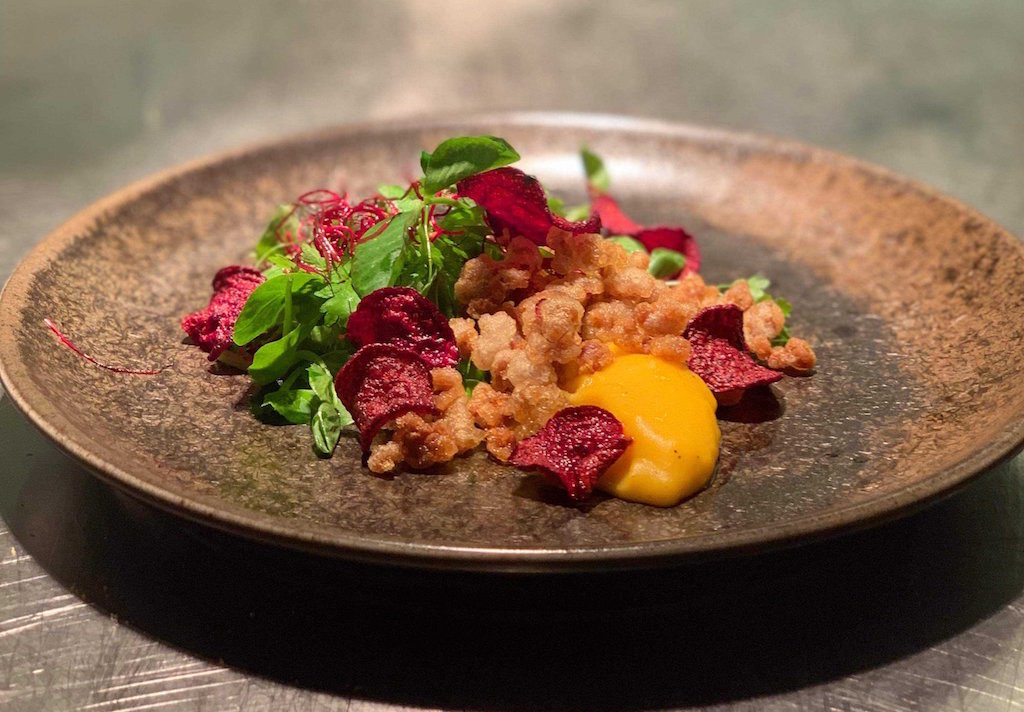5 Mins Read
One of the biggest ways we can reduce our individual environmental impact and boost our health is to reduce our reliance on traditional livestock farmed meat. Though the concept of plant-based meat still remains foreign to some, alternatives like Beyond Meat and Impossible Foods have become popular amongst mainstream audiences. Now, we’re seeing even more futuristic innovations in food tech: startups are making vegan and planet-friendly protein out of thin air and microbes.
Why Are Food Tech Startups Developing It?
With the global population to explode to 10 billion people by 2050, the reality is that our current food system will not last and will not be able to meet the needs of our future global population. Scientists have warned countless times that the way we’re producing and consuming food as of right now is unsustainable, and will lead to billions facing starvation, nutritional deficiencies or obesity and will continue to drive the planet to climate destruction.
To fight the climate challenge are a host of plant-based startups that have become popular to the delight of vegans and have appealed to omnivores too. These startups have mainly focused on creating alternatives to pork, beef and chicken out of plant crops such as soy, peas, rice and mushrooms. But now, there is a new generation of companies in food tech who are working on something that seems impossible: even more resource-efficient and potentially carbon-sequestering vegan protein made from thin air and microbes.
What Is Air Protein?
Step aside, plant-based patties. Finnish startup Solar Foods has created a protein derived from air. More specifically, gas-based fermentation (a reaction between enzymes and carbon dioxide in the air) combined with some water, nutrients and electricity. This new air-based form of protein, dubbed “Solein” will be sold in powder form and used like wheat flour. The NASA-inspired concept will contain 50% protein content, 5-10% fat and 20% carbohydrates and is set to launch by 2021.

If you’re still confused, here is a simplified version of how they have managed to do this. Solar Foods makes Solein by extracting carbon dioxide from the atmosphere using carbon-capture technology and combines it with small amounts of water and nutrients, and using 100% solar energy, instigates a natural fermentation process. This means that producing this type of air protein does not depend on arable land (which is quickly diminishing due to animal agriculture and poor land management) and favourable weather conditions such as rainfall frequency.
The benefit of being disconnected from our conventional agricultural system is the ability to withstand worsening climate conditions and remain resource-efficient. This has led Solar Foods to create a potential source of food for astronauts in space, which has seen the startup partner up with the European Space Agency (ESA). Back on Earth, Solar Foods are ambitious – they’re aiming to produce 50 million meals within 2 years of setting up their pre-engineering commercial production plant this year.
There’s A Whole Air Protein Movement

Solar Foods isn’t the only company working on this either. California-based Kiverdi is another company that has developed an Air Protein product, which is rich in vitamins and minerals, and free from pesticides and fertilisers. NovoNutrients has too used gas-based fermentation, but to create food for fish. Fish feed costs the aquaculture sector big dollars, but NovoNutrients hopes that its industrial biotech, which transforms industrial waste carbon dioxide into fish feed, can scale up farm-raised fish production and meet currently unsustainable global demand for seafood.
Yet another startup manufacturing protein for feed use is UK-based Deep Branch Biotech, who are using readily available carbon dioxide in the atmosphere from industrial emissions to create a low-carbon protein source for livestock. Under our current industrial animal farming practices, farmers have been pushed by global demand for meat to clear more land and forests to cultivate enough soy crops for livestock feed. Partnering up with British renewable energy producer Drax, the startup is carbon-neutral in its operations and hopes to become a viable solution that could free up scarce land resources.
There’s Also Protein Made From Microbes!

Brace yourself for even more protein-novation: another batch of scientists are running microbial factories to produce microbe or “mycoprotein”. Sustainable Bioproducts, for instance, has replicated microbes in labs by feeding them starches and glycerin to produce protein blocks that can make meat and dairy alternatives. Instead of using actual animal cells to replicate in lab-controlled settings (which is what the clean cell-based meat sector is doing), the Chicago-based company uses microbes lifted from volcanic springs, making it vegan-friendly.
Another biotech company Mycorena, based in Sweden, is championing a vegan microbe protein product called Promyc that is designed to replace both meat and soy protein, with fighting food waste at the core of its project. Created in their main lab facility in the heart of Gothenburg, the startup uses food lost from side-streams during industrial food production processes, such as bread dough from bakeries. Using this food that would otherwise go to waste to grow their special type of fungus, Promyc, through fermentation technology. Since their operations began in 2017, Mycorena has already managed to roll out their first dishes, which were created by Chef Oscar Lexö. They hope to be able to make their way into professional commercial kitchens globally soon.
Lead image courtesy of Solar Foods.




